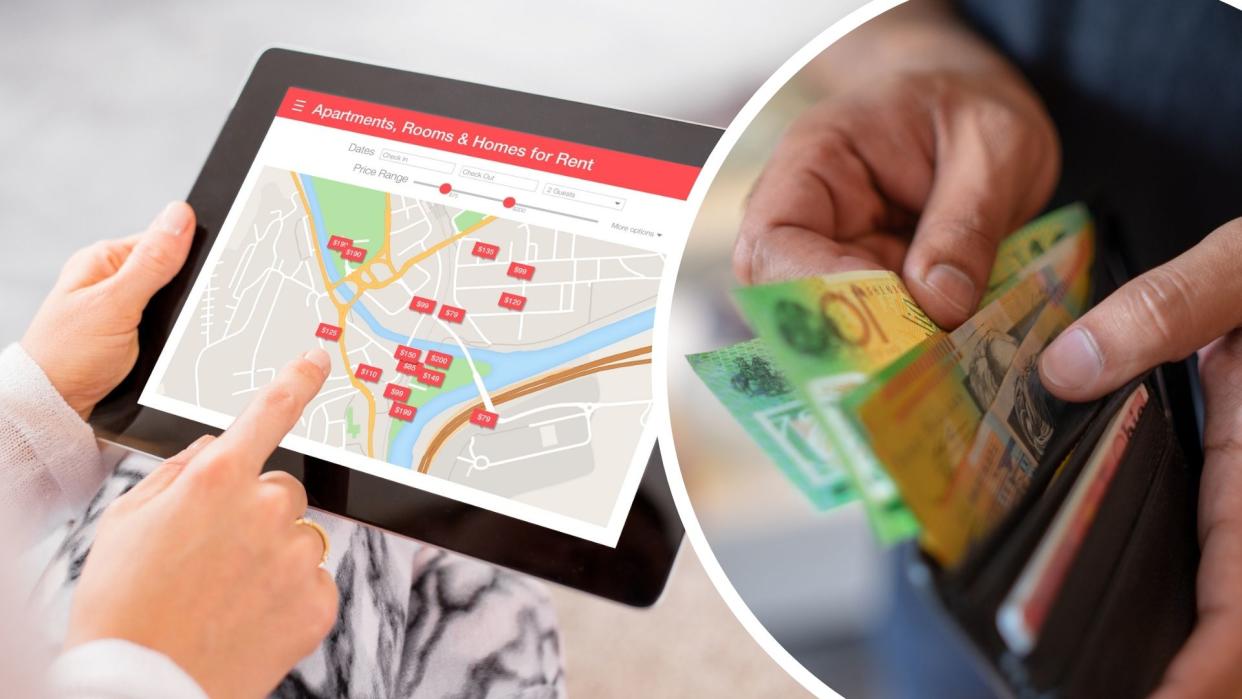Renters tricked out of $300,000: What to look out for

Scammers posing as landlords have tricked Australians out of $300,000 in the year to September, with the scam watchdog now sounding the alarm.
The volume of money lost to rental and accommodation scams has increased 76 per cent on this time last year, with Scamwatch receiving 560 reports of rental scams.
“Scammers are offering reduced rents due to COVID-19 and using the government restrictions to trick people into transferring money without inspecting the property,” Australian Competition and Consumer Commission deputy commissioner Delia Rickard said.
The scammers post ads on classified or real estate websites for accommodation, or target those who have posted on social media forums looking for a room.
Once the victim responds, the scammer either requests an upfront deposit or for the victim to fill in a ‘tenant application form’ with personal information, which the scammer can then use.
“The loss of personal information through rental scams is becoming more common, with scammers requesting copies of identity documents such as passports, bank statements or payslips,” Rickard said.
“Once a scammer has your personal information you are at risk of being targeted by further scams or identity theft.”
Often, the victim won’t realise they’ve been scammed until the keys never arrive and the scammer stops responding.
Rickard said scammers will also pose as real estate agents to organise fake inspections. The victims will then arrive to realise they’ve been scammed.
“Many people are also experiencing financial difficulties due to the pandemic and the financial impact of falling victim to a scam can be devastating,” Rickard said.
How can I stay safe from rental scams?
The ACCC said renters should try to view a property in person before handing over any cash to landlords or real estate agents.
It pointed to a scam in Canberra in which a scammer pretends to be a doctor living in Sweden who offers virtual inspictations before asking for bond money.
Noting that it may be difficult to view properties in Victoria, the ACCC said renters should carry out an online search to confirm the residence exists. And, if you’re talking to an agent, make sure that agent is licensed.
“Scammers often rely on email communications to avoid identification, do an independent search for a phone number and speak to the property manager over the phone or arrange a meeting in person,” Rickard said.
“Before making any payments ensure you are dealing with the licensed agent, if a scammer has your details they may impersonate a real estate agent and attempt to ‘follow-up’ requesting money after an inspection.”
If you suspect you have been scammed, contact your bank and if you used a platform to find a room, contact the platform.
Victims can also contact IDCARE, which supports identity theft victims on 300 IDCARE (432273) or visit their website www.idcare.org.
Want to take control of your finances and your future? Join the Women’s Money Movement on LinkedIn and follow Yahoo Finance Australia on Facebook, Twitter and Instagram.



